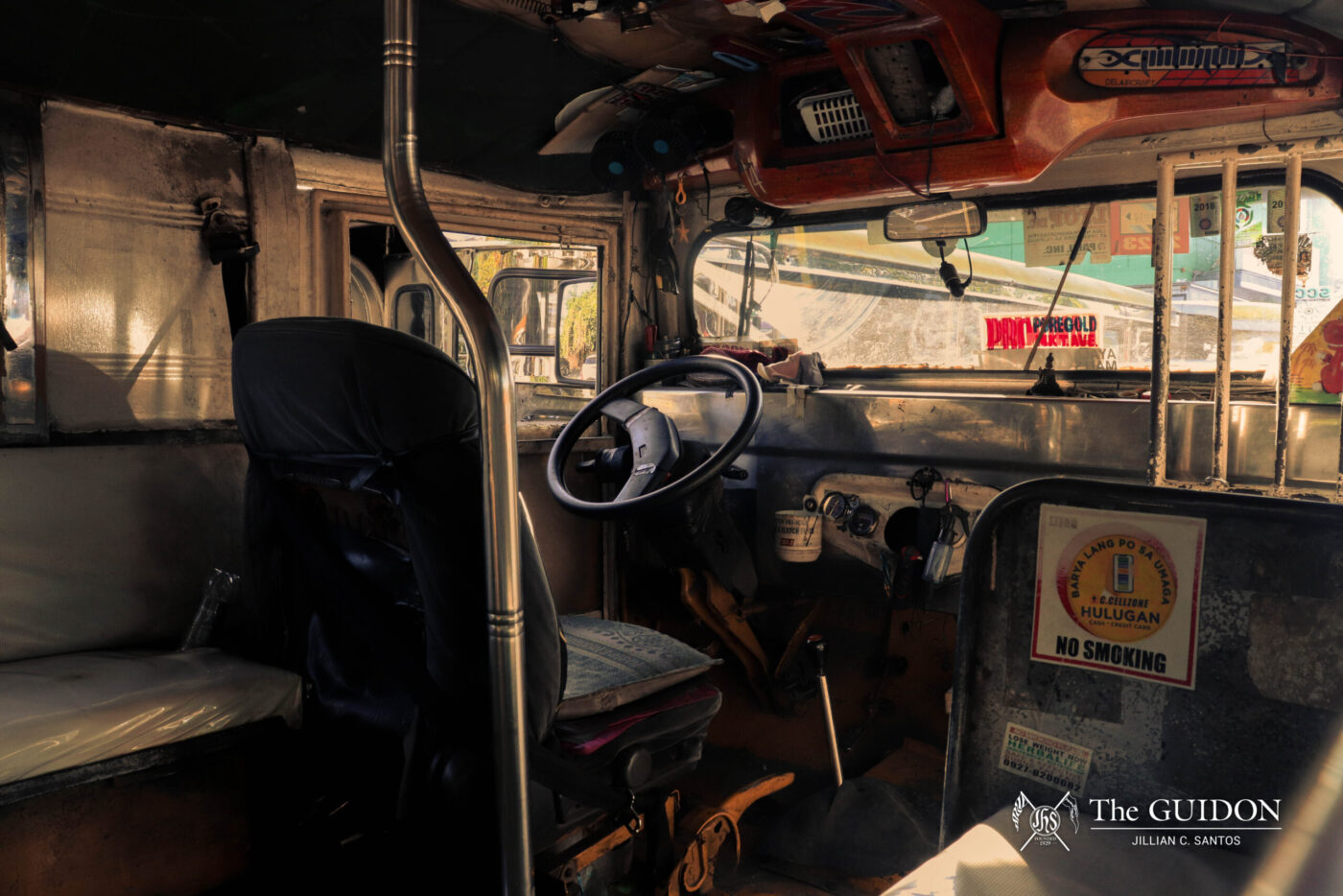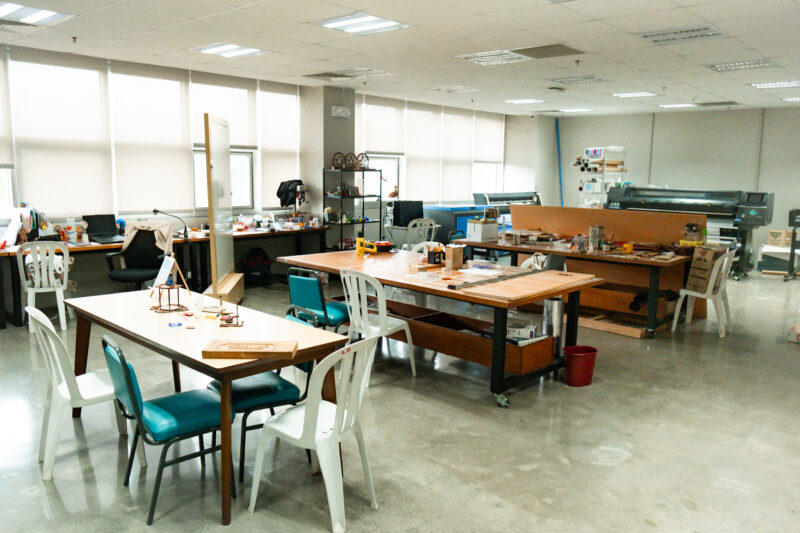THE JEEPNEY remains an important pillar in Philippine public transportation with approximately 42.6 thousand units operating in Metro Manila and around four thousand operating in the province of Cebu. Public Utility Jeepneys (PUJs) in Metro Manila alone serve almost nine million passengers daily.
In an effort to improve passenger safety and cut carbon emissions for the crucial sector, the country’s different transportation agencies have proposed the Public Utility Vehicle Modernization Program (PUVMP). Despite its goal of modernization, however, both commuters and jeepney operators suggest that the program threatens to disrupt their routines and livelihoods.
The need for modernization
The PUVMP seeks to both overhaul the process of granting franchise licenses to PUV operators as well as update public transport routes to accommodate these changes. Currently, the jeepney “phase-out” is just one of several steps to the PUVMP’s wider scheme.
The phase-out plan had arisen out of a supposed need to standardize traditional jeepneys. Its dated design had caught the attention of public transportation officials due to a historically poor record of maintenance and safety. Alongside concerns on structural integrity, passengers caught in accidents relating to the jeepney’s design are rarely given compensation for injuries.
Jeepney design flaws also result in costs to the environment. A Blacksmith Institute and Clean Air Asia study found that jeepneys were responsible for around 15% of particulate matter emissions in Metro Manila. This largely comes as a result of the fact that most PUVs use surplus or second-hand diesel engines that produce more emissions than newer engines do. While PUVs undergo emissions testing, many are still granted franchises.
Currently, jeepneys require one franchise licence per vehicle. The sheer number of franchised PUJs that come to be as a result of this regulation poses regulatory problems. Primarily, this concern involves keeping track of the current amount of PUJs operating on a route and competition due to crowded routes.
However, jeepney drivers and operators now worry that complying with the regulations would result in additional costs for the acquisition of modern PUVs. Arnel Lagman, a jeepney driver from the UP-Katipunan K-mart Jeepney Operators Drivers Association, found that the most difficult part of complying with regulations was finding the funds to afford the more modern vehicles required by the local government unit. The jeepney operators’ transport strike held from March 6 to 8 was the most recent show of the collective frustrations held by jeepney drivers and activists alike regarding this issue.
A cooperative effort
As part of the PUVMP process, drivers and operators are required to consolidate their franchises. This comes as one of the supposed solutions to address the trouble of keeping track of individual PUJ franchises. Now, in order for a driver or operator to consolidate their franchise, they must join or form their own cooperative or corporation made up of at least 15 units of PUJs.
Joining a cooperative comes with a number of benefits. These include new administrative jobs, less competition, and regular salaries. The financial load of acquiring and maintaining modern PUVs can be also shouldered by the entire group rather than just individual drivers and operators. According to the Department of Transportation and Land Transportation Franchising Board (LTFRB), subsidies of at least Php 80,000 per unit acquired are being promised to those in cooperatives.
Although being a part of a cooperative provides numerous advantages, many drivers and operators have yet to join or form one. Drivers like Lagman feel that even though they are given these benefits, more financial support still needs to be given out for them to be able to afford the modern PUVs, which can cost from Php 1.6 million to Php 3 million per unit. As long as these issues are not addressed, Lagman does not feel the need nor the advantage in joining a cooperative. He further expounds on this by urging the government to provide more financial support so the transition to modern vehicles becomes easier.
The financial load supposedly shouldered by operators does not end with the cost of vehicles. The program requires that each cooperative has a registered base of operations. As such, each cooperative is required to acquire their own plot of land. PUJ drivers and operators were quick to point out that this would only increase their expense.Due to the recent transport strike regarding these issues, the government has decided to push back the original June 30 franchise consolidation deadline to December 31 instead. According to LTFRB Chairperson Teofilo Guadiz III, this was done in an effort to make sure that no one was left behind as a result of their program. As the government looks to streamline the PUVMP further, jeepney operators and drivers continue to call for inclusive cooperation and dialogue with the government in the hope that they do not lose their livelihood.




